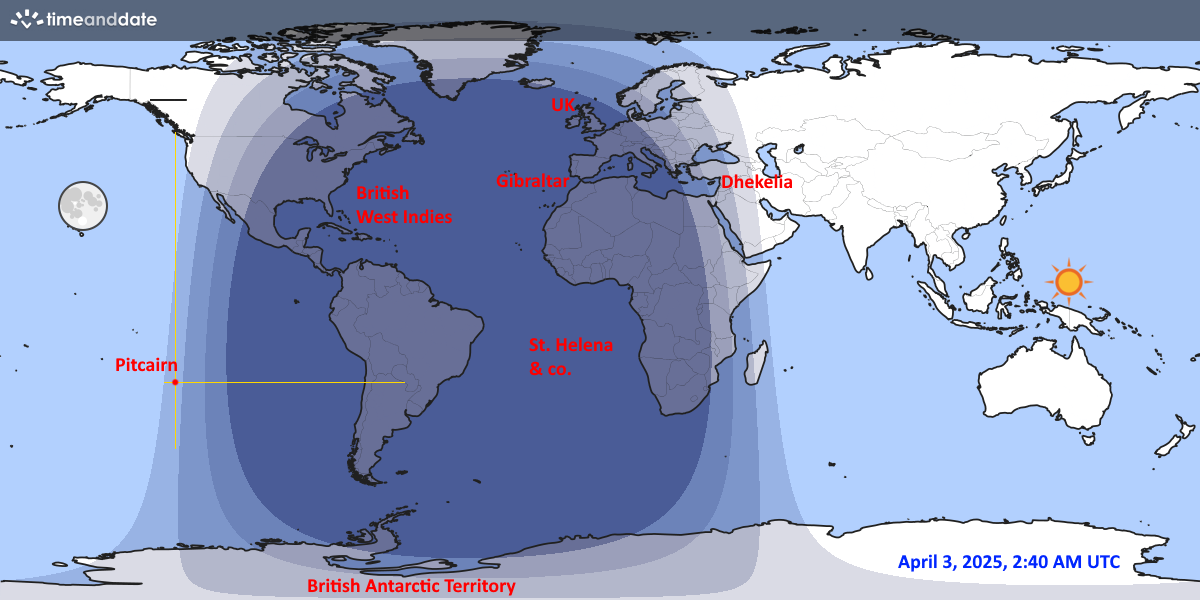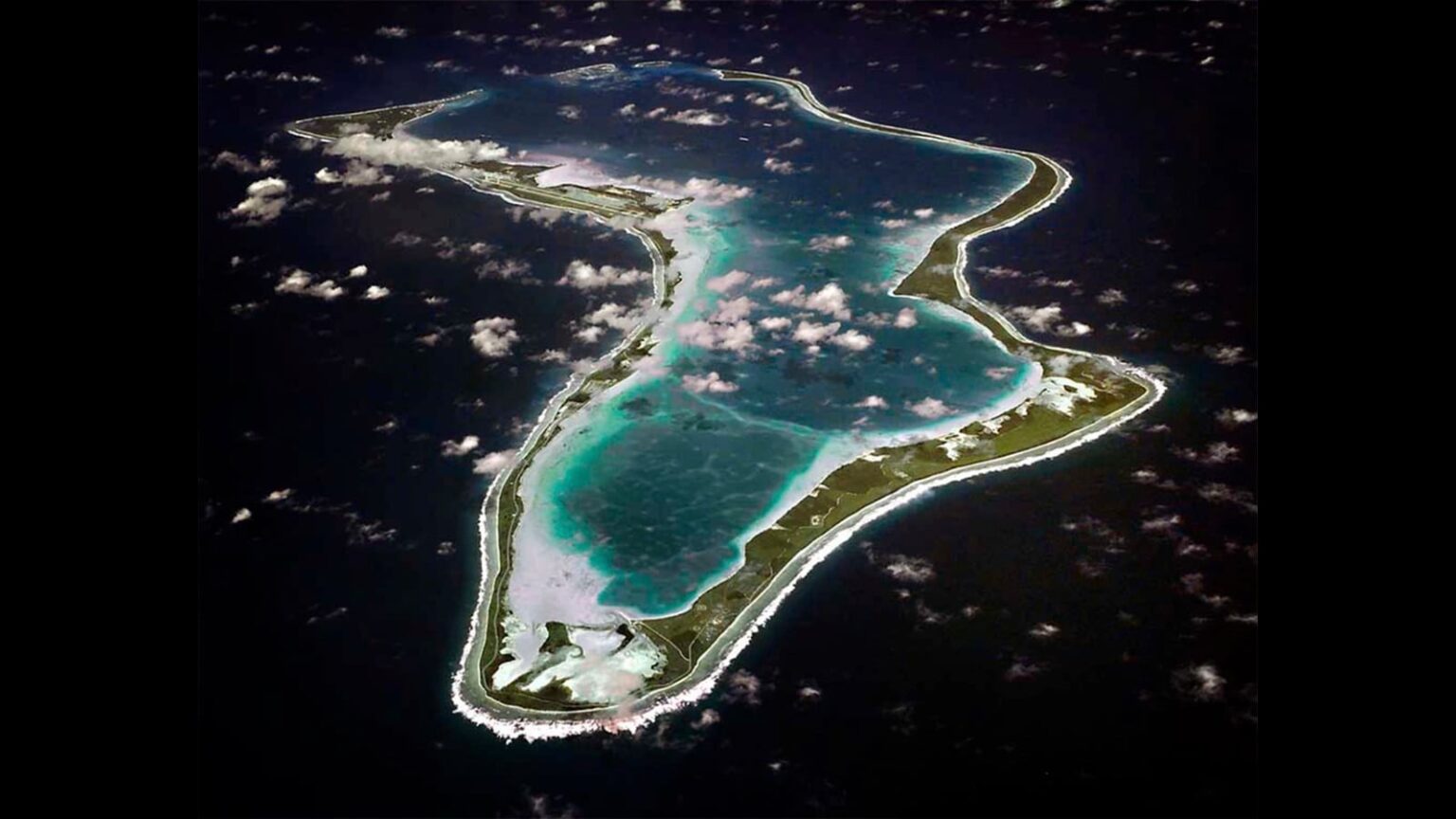The Chagos Archipelago’s return to Mauritius marks a historic milestone, symbolizing the final retreat of British colonial rule. For decades, the people of Chagos were exiled from their homeland, forcibly removed in the late 1960s and early 1970s to make way for a U.S. military base on Diego Garcia, the largest island in the chain. Despite a legal battle that saw international courts, including the International Court of Justice (ICJ), ruling in favor of Mauritius’ sovereignty, the UK refused to cede control—until now.

Source:- BBC news
This transfer not only corrects a historical injustice but also closes one of the last chapters of the British Empire’s colonial legacy. After centuries of global domination, during which the British Empire expanded across continents, the decision to return the Chagos Islands signifies the end of an era. Once described as the empire on which the sun never set, Britain’s global influence has steadily receded over the last century, from the independence of India and African nations to the handover of Hong Kong in 1997. The Chagos case has been emblematic of this decline.
Source:- news 18
Mauritius’ victory in reclaiming Chagos also sets a precedent for other territories still under British control. For the Chagossians, it means the potential to return to their ancestral land, a right they have long fought for. The question of Diego Garcia’s future use, particularly given its strategic military importance, remains, but this moment is a watershed for decolonization efforts worldwide.
As the sun sets on the British Empire, the return of the Chagos Islands is a powerful reminder that the era of colonization, marked by exploitation and displacement, is finally fading into history. The journey toward justice, however long, has taken one significant step forward.
Share your views in the comments

